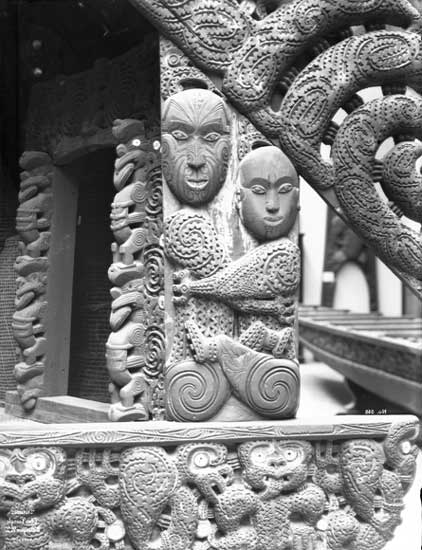Talking New Zealand History
Late last year Vaughan Rapatahana conducted an interview with me for Scoop Review of Books.
Tēnā koe mō tāu pukapuka. Ka nui te pai tēnei mahi.
Vincent: The response to the book has been phenomenal right from the day we launched it back in October 2016. That was at the Waahi Pā poukai in Huntly. I handed over the first official copy to Kīngi Tuheitia and wandered around the back of the whare where a big crowd was gathering. I wondered what was happening. It turned out they were already queuing to get their own copies of the book and so I spent the next three or four hours signing hundreds of books. It was a huge privilege to be invited to launch the book on such an important date in the Kīngitanga calendar and to see the way in which it has been embraced by Tainui has been amazing. I also really hoped the book would speak to Pākehā about the need to own their history and again the reception has been remarkable. At times it has felt less like a book and more like I’m part of some kind of social movement.
Kia ora Vincent.
Tēnā koe mō tāu pukapuka. Ka nui te pai tēnei mahi.
VR: Let’s start at the top. The Great War for New Zealand: Waikato 1800 -2000 is a massive book and a mighty indictment of the ways in which Pākehā grabbed the land off and of Māori; a systematic snatching that of course has had and continues to have serious ramifications for many Māori today. What are the positive flow-on effects stemming from this important book, that you are experiencing yourself?
Vincent: The response to the book has been phenomenal right from the day we launched it back in October 2016. That was at the Waahi Pā poukai in Huntly. I handed over the first official copy to Kīngi Tuheitia and wandered around the back of the whare where a big crowd was gathering. I wondered what was happening. It turned out they were already queuing to get their own copies of the book and so I spent the next three or four hours signing hundreds of books. It was a huge privilege to be invited to launch the book on such an important date in the Kīngitanga calendar and to see the way in which it has been embraced by Tainui has been amazing. I also really hoped the book would speak to Pākehā about the need to own their history and again the reception has been remarkable. At times it has felt less like a book and more like I’m part of some kind of social movement.
At
a personal level, I guess my profile as a writer and a historian has
increased and I’ve done dozens of public talks over the past couple of
years in all kinds of different places and forums. And my message is
always that the New Zealand Wars were defining conflicts in our history.
They are part of our story and we need to know this history, and ensure
our rangatahi learn it at school. I have done lots of school visits
myself in this time and I know young people really get why this history
matters to them and their communities. In some respects they are leading
the way for their elders.
Read more at Scoop Review of Books
Read more at Scoop Review of Books



Comments
Post a Comment